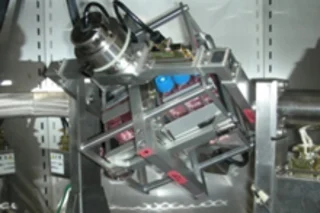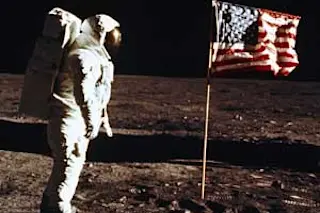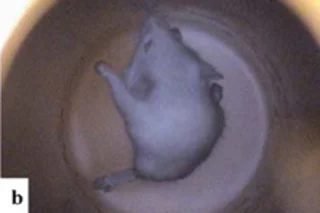Gravity appears to be crucial to the development of mouse embryos, implying that mammalian reproduction in zero gravity may be trickier than scientists thought. Researchers have bred animals from sea urchins to frogs in space. When they tried to artificially fertilize mouse eggs in a machine that simulates a gravity-free environment,
fertilization took place normally, suggesting that microgravity hadn’t harmed the sperm. But as the embryos continued to develop inside the clinostat, many developed problems. Their cells had trouble dividing and maturing [Wired].
Scientists speculate the reason that the mouse embryos developed less successfully than previous animals is because mammalian embryonic development is more sensitive and complicated than that of other types of animals.
“Sustaining life beyond Earth either on space stations or on other planets will require a clear understanding of how the space environment affects key phases of mammalian reproduction" [Wired],
Related Content: 80beats: A Mating Strategy Involving ...





